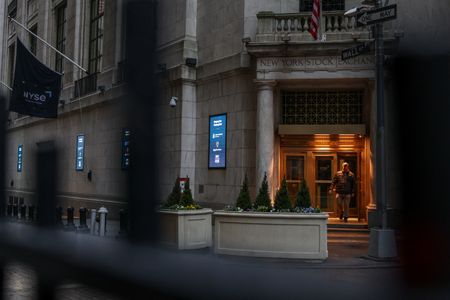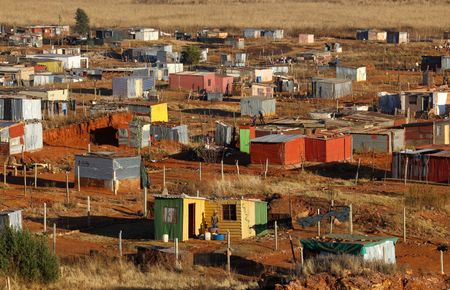By Ahmed Kingimi
MAIDUGURI, Nigeria (Reuters) -At least 20,000 people have fled Marte town following increasing attacks by Islamist militants in Nigeria’s northeastern Borno state, its governor has said, four years after residents returned to the town that was once controlled by insurgents.
Borno state has witnessed an upsurge in attacks by suspected Boko Haram and Islamic State West Africa Province (ISWAP) assailants this year, raising concerns that the militants are making gains again after years of intense attacks by the military.
Borno state governor Babagana Zulum visited Marte, which is close to the border with Cameroon, to assess the security situation and meet military officials there.
His visit followed a raid on Marte’s army base last week in which militants temporarily overran the installation. At least five soldiers were killed and others went missing in the attack.
“Marte was resettled about four years ago, but unfortunately, over the last three days, it was ransacked and was displaced again,” Zulum told reporters on Sunday.
“About 20,000 people left Marte for Dikwa (town).”
Zulum, who also visited Rann, another town where an army base was attacked last week, will on Monday head to Kalawa Balge district where 23 farmers were killed by suspected militants.
At least two million people have been displaced and thousands killed by the insurgency in Nigeria in the last 16 years, according to humanitarian groups.
Zulum’s state government resettled residents in Marte as part of a programme to shut camps for Internally Displaced Persons in Borno capital Maiduguri and upheld the plan as a model for other towns previously controlled by insurgents.
But many Marte residents now fear that their lives could be upended again if attacks continue.
Boko Haram and Islamic State-backed ISWAP have been adapting their tactics, including using drones for surveillance, security analysts and the military say.
Zulum said leaving residents to live in a camp in Dikwa town was a big threat as it would leave young men “vulnerable to recruitment by insurgents.”
(Writing by MacDonald Dzirutwe, Editing by William Maclean)





